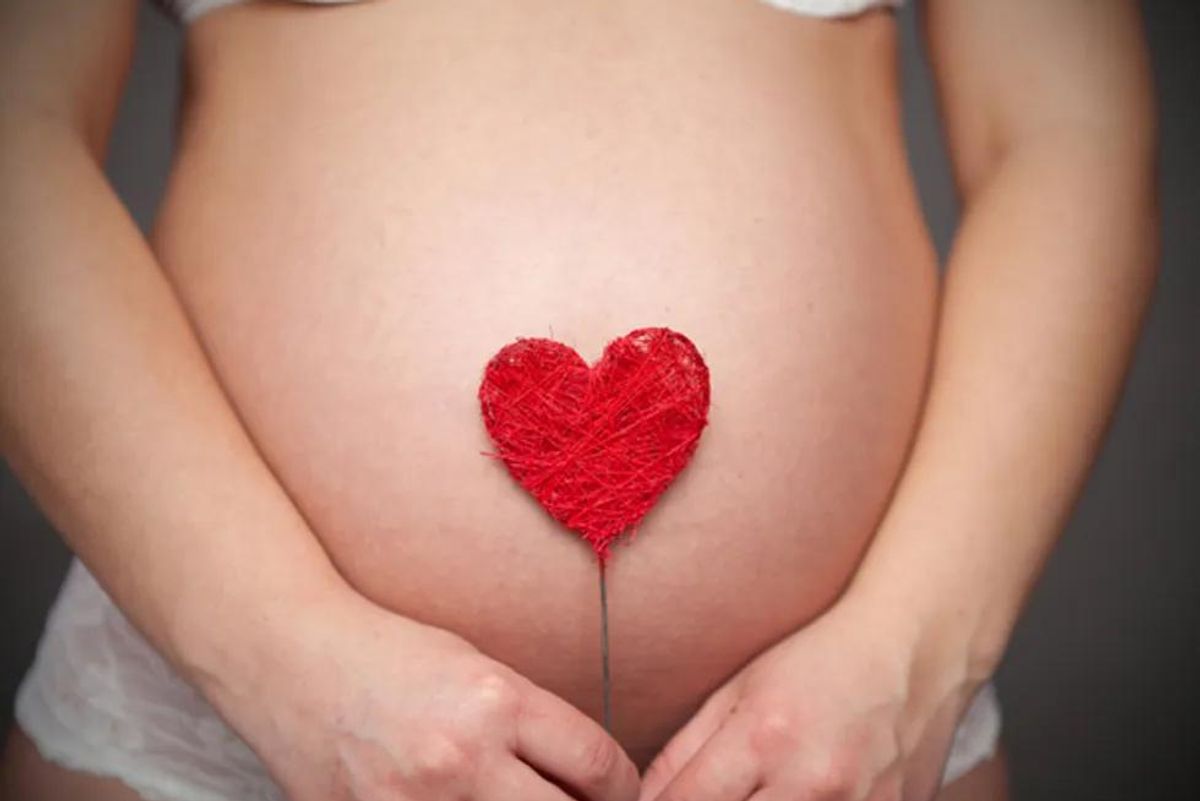

Beth Battaglino, RN-C, CEO of HealthyWomen
Beth brings a unique combination of sharp business expertise and women's health insight to her leadership of the organization. Beth has worked in the health care industry for more than 25 years helping to define and drive public education programs on a broad range of women's health issues. She launched and has expanded the HealthyWomen.org brand. As a result of her leadership, HealthyWomen was recognized as one of the top 100 women's health web sites by Forbes for three consecutive years, and was recognized by Oprah magazine as one of the top women's health web sites. HealthyWomen now connects to millions of women across the country through its wide program distribution and innovative use of technology.
Beth is responsible for the business development and strategic positioning of HealthyWomen. She creates partnerships with key health care professionals and consumer groups to provide strategic, engaging and informative award-winning programs. She serves as the organization's chief spokesperson, regularly participating in corporate, non-profit, community and media events. She also is a practicing nurse in maternal child health at Riverview Medical Center- Hackensack Meridian Health, in Red Bank, NJ.
In addition to her nursing degree, Beth holds degrees in political science, business and public administration from Marymount University.
To stay sane, she loves to run and compete in road races. She enjoys skiing and sailing with her husband and young son, and welcoming new babies into the world.
Full BioLearn about our editorial policies
Medically Reviewed
This article has been archived. We will no longer be updating it. For our most up-to-date information, please visit our heart disease information here.
You may think of preeclampsia as high blood pressure that occurs during or immediately after pregnancy. That's simply not the case. Preeclampsia can occur up to six weeks postpartum.
And that's not all: Research is finding that preeclampsia appears to be a significant warning sign for heart disease after pregnancy. In fact, the American Heart Association's guidelines on cardiovascular disease in women consider preeclampsia as strong a risk factor for heart disease as a failed stress test—a test commonly used to identify existing heart disease.
Recognizing this important risk factor is vital to women's heart health because heart disease is the leading cause of death in women in the United States.
Medical researchers do not yet know exactly how or why preeclampsia and future heart disease are linked, but they do know:
1. A history of preeclampsia doubles the riskof heart attack, stroke and blood clots within 5 to 15 years after pregnancy.
2. Women who have repeat or severe preeclampsia or preeclampsia accompanied by stillbirth are at greater risk of heart disease than women who have high blood pressure only or preeclampsia during a single pregnancy.
3. Many women may not be aware that preeclampsia and other pregnancy complications can signal heart disease risk. A study found that 13 percent of women screened for heart disease risk factors during an OB/GYN visit had three or more cardiovascular disease risk factors they were not aware of.
If you have ever had preeclampsia, it is vital your primary care doctor is aware of your heart disease risk factor. Your health care professional can help you determine next steps for your heart health.
In the meantime, take good care of your ticker by following these 5 steps to a heart-healthy diet.
You might be interested in





